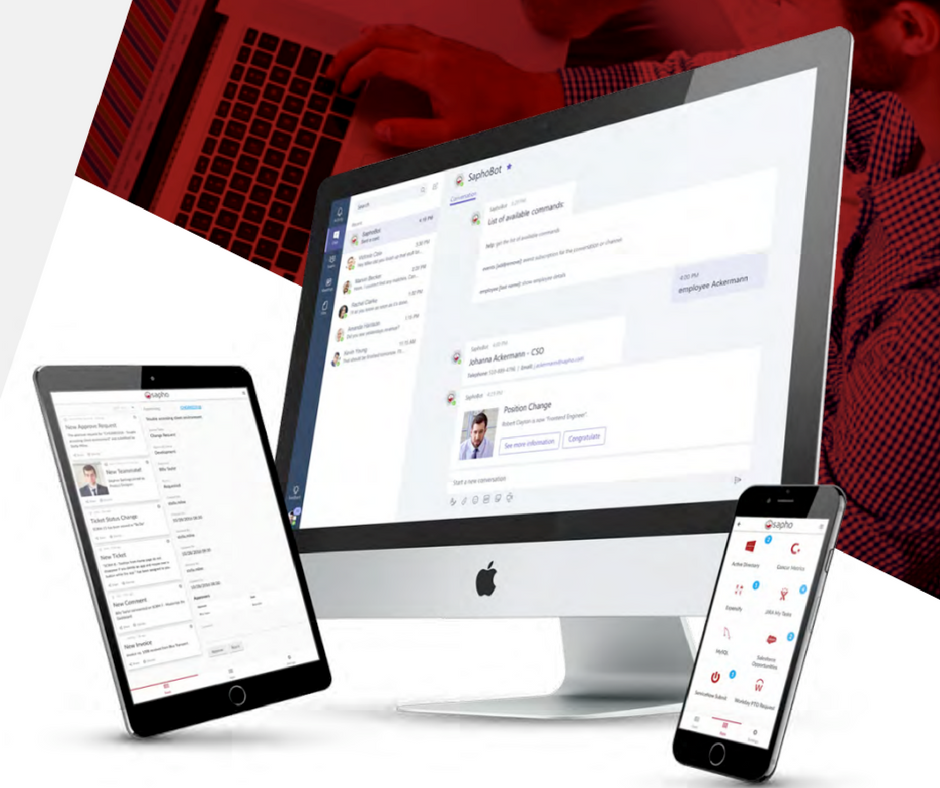Automated billing systems, email marketing tools, and other enterprise apps have their flaws, but they make it easier for businesses to carry out day-to-day operations.
Despite their usefulness, could popular enterprise apps soon be replaced by custom solutions designed to enhance efficiency? While some say “yes!” in no uncertain terms, the answer lies somewhere in the middle – and it might surprise you.
Enterprise Apps vs. Custom Solutions: A Few Key Considerations
Custom solutions are scalable, as they are made to order – but they can be very expensive to create and implement. Large businesses might find that certain custom solutions are cost-prohibitive, particularly when previous investments into enterprise apps are taken into account. Developers have created useful enterprise apps that solve a variety of common problems. With custom solutions, it’s hard to tell exactly what the results will be, and there is often a learning curve for implementation.
Enterprise Apps Can be Consolidated into Customized Workflows
Tasks – even simple ones – can take longer when multiple enterprise apps are used. It’s not surprising then, that so many companies find themselves seeking alternatives. The downside to custom software is that it can be pricey, and because corporations have already invested in enterprise apps, it doesn’t make sense to eliminate them entirely. The answer lies in bridging the gap between customized solutions and existing software that might not be ideal for the company’s unique needs. Sapho’s unified workfeed is an excellent example of enterprise app consolidation, a solution that integrates essential bits and pieces from existing operating systems, software, and applications.
With a custom solution that consolidates information and workflows from existing enterprise apps, employees suddenly have access to a single, streamlined workfeed that provides a unified view of important tasks and information. Instead of conducting lengthy searches and accessing multiple enterprise apps to complete tasks, workers see a stream of information presented in clickable boxes that look similar to a social media feed. Clicking a box reveals important data in some cases, and in other cases, completes tasks in a quick, streamlined fashion.
Custom solutions that integrate existing enterprise apps to order can be had at a far lower cost than solutions built from the ground up. They’re easy for companies to deploy and implement, and most are very easy for employees to learn. In some cases, employees have the advantage of customizing the content that’s delivered to their dashboards, streamlining work better than ever before.
Some of the newest enterprise app solutions incorporate micro apps that work in a way that’s similar to simple consumer apps. When micro apps are offered, they may be created by developers – but that’s not always the case. The newest solutions include built-in tools that allow employees access to simple drag and drop builders that create micro apps on site in a matter of minutes, at negligible cost. The use process is easy and familiar, enhancing productivity and emphasizing high-priority tasks. No matter how they’re created, micro apps that let workers use essential bits of data from existing enterprise apps, the entire work experience is personalized, irrelevant information is omitted from the employee’s view, and tasks are completed with efficiency.
Will enterprise apps be replaced by custom apps? Both solutions have their appeal – and in some cases, companies will choose to have their own solutions built from the ground up. But thanks to innovative portals that provide the best of both worlds, it seems that enterprise apps are here to stay – at least for the foreseeable future.












